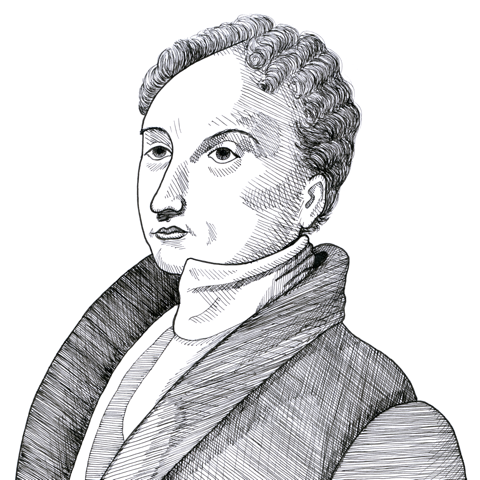
James Mill on the Nature of Those Who Govern
Found in: Articles in the Supplement to the Encyclopedia Britannica (1825)
This quote from the late eighteenth and early nineteenth century thinker and journalist, James Mill (1773-1836) expresses the essential point, one that extends back to ancient historical times, that those who are entrusted with setting the rules and protecting the peace of a community, must themselves be kept within the laws of that community.
Origin of Government
Whenever the powers of government are placed in any hands other than those of the community, whether those of one man, of a few, or of several, those principles of human nature which imply that government is at all necessary, imply that these persons will make use of them to defeat the very end for which government exists.
From James Mill’s “Government,” in Supplement to the Fourth, Fifth, and Sixth Editions of the Encyclopaedia Britannica. With Preliminary Dissertations on the History of the Science (Edinburgh, Archibald Constable and Company, 1824).